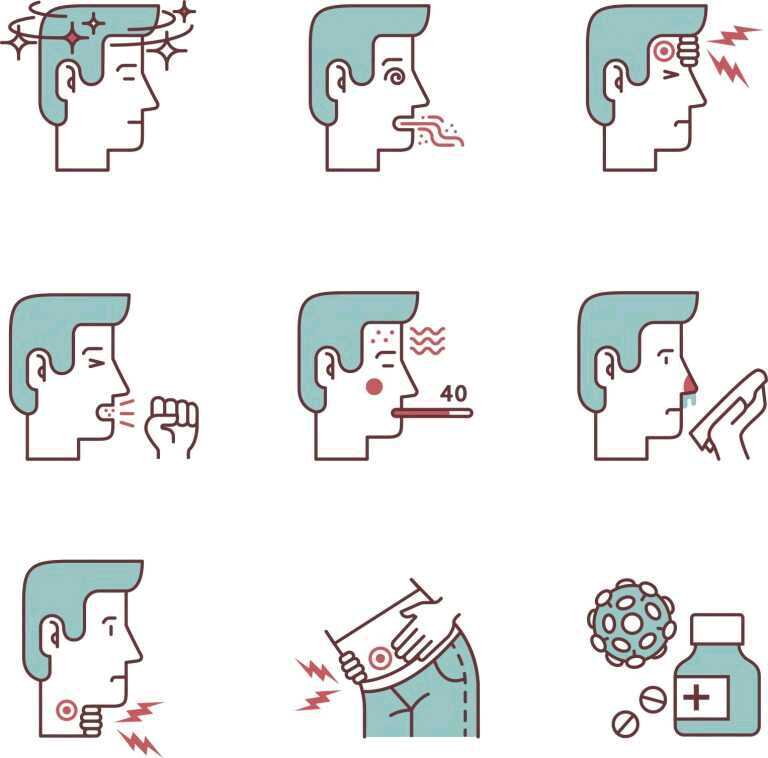
The term “brittle diabetes” was first coined as a way to identify Type 1 diabetes sufferers who experienced particularly volatile swings in blood sugar levels. Although diabetes is, of course, marked by an unhealthy relationship to blood sugar levels, brittle diabetics experience sharp highs and lows and often experience significant difficulty getting both high and low levels under control.
While these sharp swings are more common in Type 1 diabetes, Type 2 sufferers have also been known to have sharp, alarming extremes in their levels.
 What is Brittle Diabetes Now?
What is Brittle Diabetes Now?
Now, brittle diabetes is a term used to describe any diabetic whose blood sugar levels seem to swing high and low without any sort of pattern or predictability. Some doctors believe this label to be misleading, as they believe any severe unpredictability is due to poor diabetes management, while others stand firm in believing that some men and women with diabetes are not capable of keeping their condition under control.
Whatever the belief, there is no denying that diabetes and uncontrolled blood sugar levels are growing increasingly commonplace. Thankfully, there are some management strategies to adopt if you have brittle diabetes, each of them at least somewhat effective in keeping blood sugar under wraps.
#1. Keep Stress Levels Low
A link has been discovered between the development of brittle diabetes and mental health. Men and women who suffer from depression and anxiety are more likely to develop brittle diabetes, suggesting that successfully managing diabetes requires the successful management of your mental state.
For some, this will mean seeking additional medication from a qualified psychologist while for others, it may be as simple as adding a self-care routine into their morning or evening habits.
#2. Eat Smaller Meals
 Brittle diabetes has also been linked to stomach and intestinal trouble, both of which may be mitigated by simple habit changes, such as eating 5-6 small meals throughout the day rather than one big meal and avoiding spicy or acidic foods. Eating smaller meals gives your body the chance to properly digest all of the food you are taking in without taxing your gastrointestinal system and gastric juices, which can help keep stomach trouble in check and blood sugar stable.
Brittle diabetes has also been linked to stomach and intestinal trouble, both of which may be mitigated by simple habit changes, such as eating 5-6 small meals throughout the day rather than one big meal and avoiding spicy or acidic foods. Eating smaller meals gives your body the chance to properly digest all of the food you are taking in without taxing your gastrointestinal system and gastric juices, which can help keep stomach trouble in check and blood sugar stable.
#3. Test for Co-Morbid Conditions
Brittle diabetes can also be caused by undiagnosed or untreated co-morbid conditions. Some of these can be serious, including diabetic neuropathy, while others are more easily managed, such as an allergy to gluten. Because brittle diabetes is often caused by outside conditions, you must learn to treat your entire body rather than just your diabetes.
ReferencesDiabetes UK. Accessed 7/13/17.
NCBI. Accessed 7/13/17.
